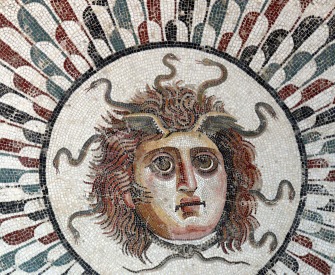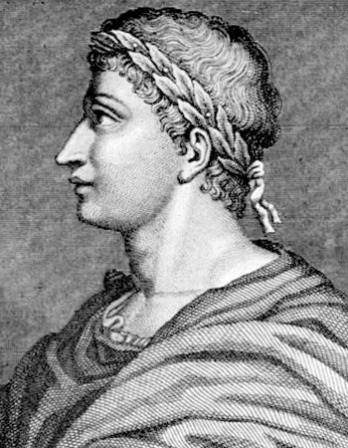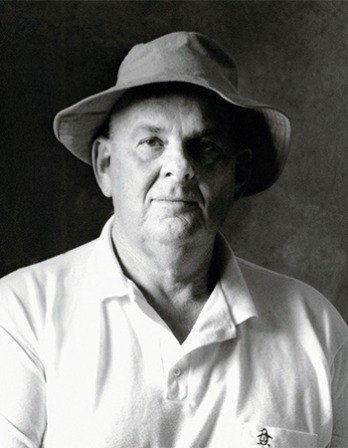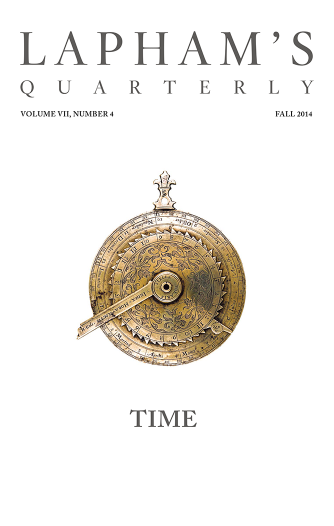Clytemnestra: You shall know joy beyond all you ever hoped to hear.
The men of Argos have taken Priam’s citadel.
Chorus: What have you said? Your words escaped my unbelief.
Clytemnestra: The Achaeans are in Troy. Is that not clear enough?
Chorus: This slow delight steals over me to bring forth tears.
Clytemnestra: Yes, for your eyes betray the loyal heart within.
Chorus: Yet how can I be certain? Is there some evidence?
Clytemnestra: There is, there must be; unless a god has lied to me.
Chorus: Is it dream visions, easy to believe, you credit?
Clytemnestra: I accept nothing from a brain that is dull with sleep.
Chorus: The charm, then, of some rumor, that made rich your hope?
Clytemnestra: Am I some young girl, that you find my thoughts so silly?
Chorus: How long, then, is it since the citadel was stormed?
Clytemnestra: It is the night, the mother of this dawn I hailed.
Chorus: What kind of messenger could come in speed like this?
Clytemnestra: Hephaestus, who cast forth the shining blaze from Ida.
And beacon after beacon picking up the flare
carried it here; Ida to the Hermaean horn
of Lemnos, where it shone above the isle, and next
the sheer rock face of Zeus on Athos caught it up;
and plunging skyward to arch the shoulders of the sea
the strength of the running flare in exultation,
pine timbers flaming into gold, like the sunrise,
brought the bright message to Macistus’ sentinel cliffs,
who, never slow nor in the carelessness of sleep
caught up, sent on his relay in the courier chain,
and far across Euripus’ streams the beacon flare
carried to signal watchmen on Messapion.
These took it again in turn, and heaping high a pile
of silvery brush flamed it to throw the message on.
And the flare sickened never, but grown stronger yet
outleapt the river valley of Asopus like
the very moon for shining, to Cithaeron’s scar
to waken the next station of the flaming post.
These watchers, not contemptuous of the far-thrown blaze,
kindled another beacon vaster than commanded.
The light leaned high above Gorgopis’ staring marsh,
and striking Aegyplanctus’ mountaintop, drove on
yet one more relay, lest the flare die down in speed.
Kindled once more with stintless heaping force, they send
the beard of flame to hugeness, passing far beyond
the promontory that gazes on the Saronic strait
and flaming far, until it plunged at last to strike
the steep rock of Arachnus near at hand, our watchtower.
And thence there fell upon this house of Atreus’ sons
the flare whose fathers mount to the Idaean beacon.
These are the changes on my torchlight messengers,
one from another running out the laps assigned.
The first and the last sprinters have the victory.
By such proof and such symbol I announce to you
my lord at Troy has sent his messengers to me.
©1953 by the University of Chicago Press. Used with permission of University of Chicago Press.
From Agamemnon. Herodotus also attests to such a fire-signal system when describing how in 480 bc the Greeks sent word of Xerxes’ advancing navy from Sciathus to Artemisium. Aeschylus is believed to have written at least eighty plays; only seven complete tragedies survive, among them Prometheus Bound and Seven Against Thebes. His epitaph reads, “The grove of Marathon with its glories can speak of his valor in battle. The long-haired Persian remembers and can speak of it too.”
Back to Issue





